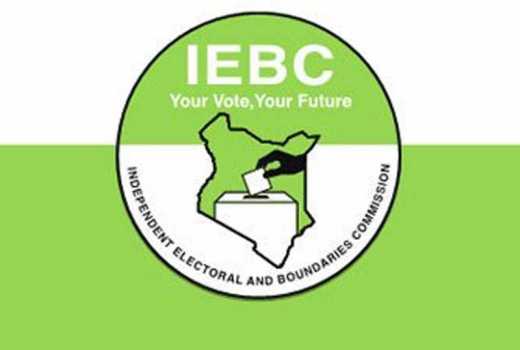
In my first column of the year, I highlighted the boundaries review as one the key issues that will shape our political discourse in the years before 2022. A meeting earlier this week between the Independent Electoral and Boundaries Commission (IEBC) and the Constitutional Implementation Oversight Committee at Parliament has signalled the start of the process. If the previous boundaries review process and the political drama of the 2017 electoral cycle are anything to go by, then we can expect that this will be a minefield for politicians, parties and even the IEBC. In my view, this process will lay bare the truth in the words of Tip O’Neill, form Speaker of the United States House of Representatives, that “all politics is local.”
Let’s consider how the process unfolded the last time. In 2009, the Interim Independent Boundaries Review Commission (IIBRC), led by Andrew Ligale, was appointed to review Kenya’s electoral boundaries. After a process that involved dramatic and often violent public hearings, the commission recommended distribution of 80 new constituencies to former provinces, as follows: 27 to Rift Valley (76), 10 to Nyanza (42), nine to Western (33), nine to Nairobi (17), eight to Eastern (44), seven to North-Eastern (18), five to Coast (26) and five to Central (34).